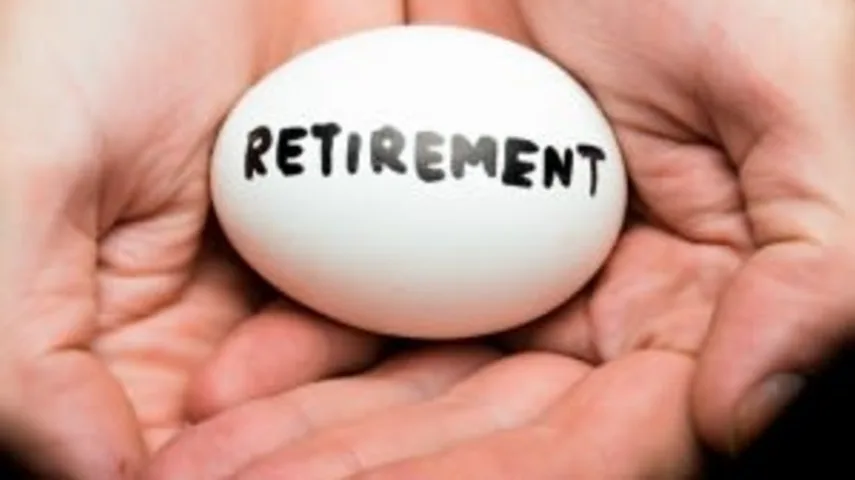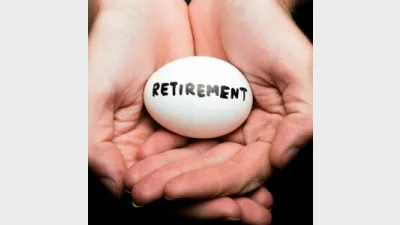Only half of Aussies on track to comfortable retirement



Only 41 per cent of women and 53 per cent of men in Australia are on track to achieving a comfortable retirement income, according to Mercer's latest study.
The study found that Baby Boomers were the least prepared generation in terms of super and that only 16 per cent of Australians made regular voluntary contributions.
Gen X outperformed all other generations with higher incomes and higher levels of voluntary contributions.
Mercer said while 94 per cent of taxpayers earning over $100,000 were on track to a financially secure retirement, the Association of Superannuation Funds of Australia (ASFA) standard for what annual income equates to a "comfortable lifestyle" was relatively low — $59,160 for a couple.
Mercer senior partner, David Knox, said: "The correct investment strategy choice is crucial to ensuring financial security in retirement. Members must also consolidate their accounts and be strongly encouraged to regularly make voluntary contributions".
"Super funds play a critical role in recognising where retirement income gaps are occurring and encouraging underprepared members to actively take control of their financial future," he said.
"Funds must also consider what retirement income is more appropriate for each of their members. Will a high income couple really be happy living off just $59,160 per annum in retirement?"
Knox said the study should act as a warning to both funds and members to act now in order to ensure the financial security of Australians in the future.
Recommended for you
Australia’s largest super fund, AustralianSuper, has announced multiple additions to its executive leadership team to focus on global growth and innovation.
Super Review rounds up last month’s biggest people moves in the superannuation industry, including a new fund chair and a private markets head.
Investment returns for the Future Fund hit a milestone in September, adding $200 billion in value for the first time ever.
Australia’s largest super funds have deepened private markets exposure, scaled internal investment capability, and balanced liquidity as competition and consolidation intensify.









